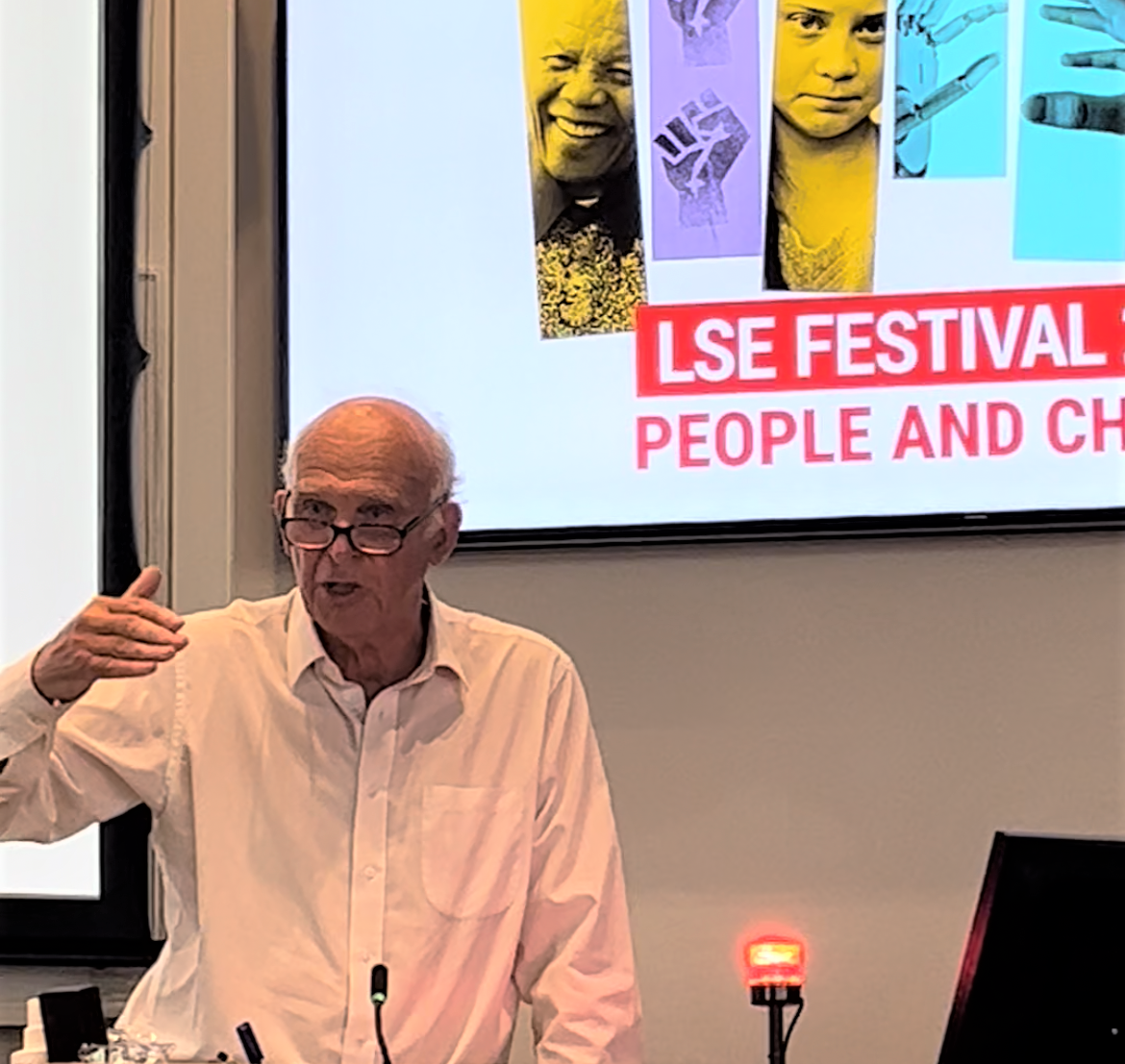 March 2011 looks set to be a month packed with even more anti-cuts protests being staged across the UK. One of the groups taking part in the March for the Alternative protest on the 26th March are Disabled People Against Cuts (DPAC), who fight for justice and human rights for all disabled people. Debbie Jolly, a co-founder of DPAC argues that disabled people are subject to false accusations from the media, false economies by a government that misrepresents the true nature of disability, and a duplicitous morality from a government that claims to support those disabled people in greatest need.
March 2011 looks set to be a month packed with even more anti-cuts protests being staged across the UK. One of the groups taking part in the March for the Alternative protest on the 26th March are Disabled People Against Cuts (DPAC), who fight for justice and human rights for all disabled people. Debbie Jolly, a co-founder of DPAC argues that disabled people are subject to false accusations from the media, false economies by a government that misrepresents the true nature of disability, and a duplicitous morality from a government that claims to support those disabled people in greatest need.
Many people across the UK will feel the impact of the government’s cuts to benefits and services this year, but disabled people will feel the impact especially hard as more than 14 separate benefits to support disabled people with the extra costs of disability are targeted for reform or abolition. The loss of the mobility component of Disability Living Allowance for those in residential homes, for example, will lead to a 66 per cent cut in individual incomes, leaving recipients with £22 per week. The Demos Destination Unknown report estimates that the losses in income for 3.6million disabled people and carers will amount to over £9billion.
The Coalition have announced that they wish to cut 20 per cent of the case loads for Disability Living Allowance for those not living in residential homes too. Other cuts to essential funds for the improvement of social equality, such as those to the Access to Work fund, are all being made in an attempt to save the government money, at a time when they refuse to collect taxes from large corporations or commit to a fair cap on banker’s bonuses.
On top of these financial challenges, a range of false accusations against disabled people and those with long term health conditions are visible in the media. Rather than offering support to disabled people, certain sections of the media prefer to label disabled people as unsustainable, unproductive or immoral members of their communities. The major accusation, however, is that disabled people are not disabled at all, but profiting from fraudulent benefit claims. In the main these claims rely on the contested and much criticised Work Capability Assessment (WCA) test carried out by the private company Atos Origin on behalf of the Department of Work and Pensions. However, no attention is paid to the overwhelming evidence of disability groups, the British Medical Journal, the Citizens Advice Bureau, the number of successful appeals or the findings of the Harrington report- all condemn the WCA.
The latest research claims that up to 500,000 have been wrongly denied incapacity benefit Clearly, disabled people have not achieved any wealth from ‘handouts’; their incomes place them firmly in the space of those with the lowest incomes in UK. Around a third of all disabled adults aged 25-64 live in low income households, which is twice the rate of that for non-disabled adults. A tenth of disabled women have incomes below £31 per week and a tenth of disabled men have incomes below £59 per week including earned income and benefits, and 1 in 4 families with disabled children cannot afford heating.
As a group already below the poverty threshold, being targeted with a raft of cuts by the government exacerbates the fears of many disabled people about managing financially. Cuts to housing benefits, the increase in VAT, previously exempt aids and equipment becoming subject to VAT, increases in social housing rents and the cuts to benefits mentioned above all contribute to an attack on disabled peoples’ often meagre living standards. The false accusations rife in the popular press do not paint an accurate picture of what disabled people are experiencing under government cuts.
Furthermore, cuts targeting disabled people are a false economy, impacting on those with the greatest employment barriers in gaining earned incomes while subjecting them to greater poverty, increased ill-health, depression and despair. The wide range of cuts to disabled people will logically result in higher long term costs: there will be greater social costs, individual costs and economic costs to the National Health Service and Social Services as more disabled people are hospitalised because their impairments are likely to worsen.
A recent survey on the impact of the proposed changes to Disability Living Allowance found that 1 in 10 respondents believed that the cuts would make ‘life not worth living’. In addition, the increase in disabled peoples’ anti-cuts blogs such as One Label One Voice and Disabled Go News, signal a rise in the number of disabled people living in fear of what the future holds. Making disabled people the target of spending cuts can not save the government money in the long run; it only serves to damage the lives of people already excluded and remove their independence.
Finally, David Cameron claims that “we are all in this together” and that ‘the most vulnerable’ will be protected, yet this duplicitous morality is evident when those targeted face some of the greatest barriers in society. The closure of the Independent Living Fund, which was set up to enable those termed most ‘severely disabled’ to live independently and to prevent their incarceration in institutions, is one such example. By closing off the avenues that disabled people need to support independent living and enable them to work , the government is making it clear that their promises to protect those with the greatest need mean very little in reality.
The combined impact of the cuts, the media attacks, and the coalitions’ duplicitous morality on disabled people has yet to be experienced fully. At present the trends are not optimistic. We predict an increase in homelessness and poverty for a group already below the bottom of the income pile. DPAC’s action as part of the March for the Alternative will see disabled people protesting as active political citizens fighting for their human rights by virtual means organised by DPAC and Beyond clicktivism from their homes, and in person. Disabled people are experiencing the worst attack on their rights and their right to independent living in living memory.
March for the Alternative protest on the 26th March
Disabled People Against Cuts website.
Watch interviews from the DPAC sponsored event, Disabled People at the Forefront of Resistance, 12 February 2011.
Please read our comments policy before commenting.






2 Comments